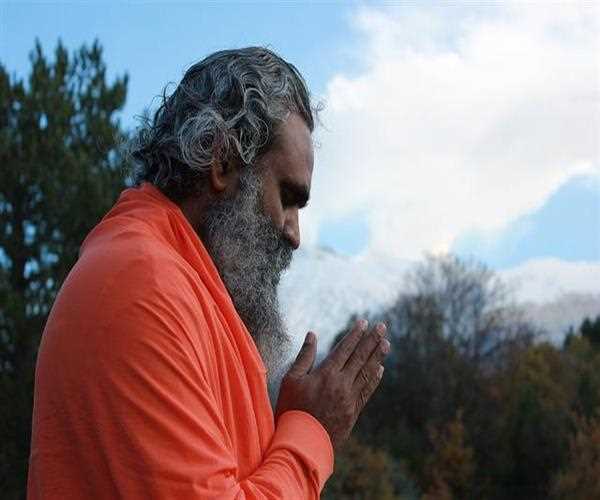
25-Aug-2022
What does the Veda's say about Meat Eating?
The first question is, is there any mention of eating meat in Vedic literature?
Yes, it is. However, these links are not recommended. There are discounts. So there are references to Rigveda, Manu Samhita, extended Mahabharata, and Srimad Bhagavatam. Bhagavat Furan. Therefore, these four documents are rated as the most influential documents in modern Hinduism. The Rigveda is considered by scholars to be the oldest of all sutras that have survived to this day. Manu Samhita is widely known as the code of Hindu law. Mahabharata is a veritable compilation of traditional laws. And Srimad Bhagavatam is considered the ripe fruit of the pious essence of Vedic literature. So you can see that there are a lot of references when the Manu Samhita says for example that you should not harm other creatures and give them food that you get. After realizing the disgusting origins of the meat and the cruelty of slaughtering and killing other creatures, why eat meat? You have to reject it completely. So here are some links. A person who permits animal slaughter, cuts, butchers, buys or sells meat, cooks, or serves.
There is no greater sin than the sin of a man who tries to reproduce his own body through the body of another, even if he does not worship God or his ancestors (Manu Samhita 5.51-52). Also, the Bhishma Pitamah, especially the Anushasan Parva, offers a wide range of vegetarian dishes while teaching Yudhisthira Maharaja in the Mahabharata. So you can see these links directly. But to get to the point, here are some links: Some people who want to justify their meat-eating habits can find links that allow meat-eating. When we see these references, they are all actually in the context of Yagyam or Sacrifice. So the verse I read in the Manu Samhita says that only meat is allowed when offering sacrifices to God. You can kill animals and eat meat under certain circumstances.
Why do such statements appear in Vedic literature?
Vedic literature does not present spirituality only in one form. The spiritual process presented in the Vedic literature is not uniform and is all-pervasive. Uniform means one form. For example, I had religion. Jesus is the only way. If you follow Jesus, you will go to hell if you do not return to God. Muhammad is the zeal of all prophets. If you don't follow Muhammad, you will go to hell. So it's a one-way street. Vedic literature is not just about this road or any other hell, my road or my highway. Vedic literature knows that different people have different levels of Adhikari. Adhikar means participation in spiritual life. It can also make different levels of recommendations based on individual capabilities. Therefore, meat consumption is permitted under certain limited circumstances for meat lovers. Therefore, these statements of the Bible are concessions, not exhortations.

Student
An inquisitive individual with a great interest in the subjectivity of human experiences, behavior, and the complexity of the human mind. Enthusiased to learn, volunteer, and participate. Always driven by the motive to make a difference in the sphere of mental health - and normalize seeking help through a sensitive and empathetic approach
Join Our Newsletter
Subscribe to our newsletter to receive emails about new views posts, releases and updates.
Copyright 2010 - 2026 MindStick Software Pvt. Ltd. All Rights Reserved Privacy Policy | Terms & Conditions | Cookie Policy